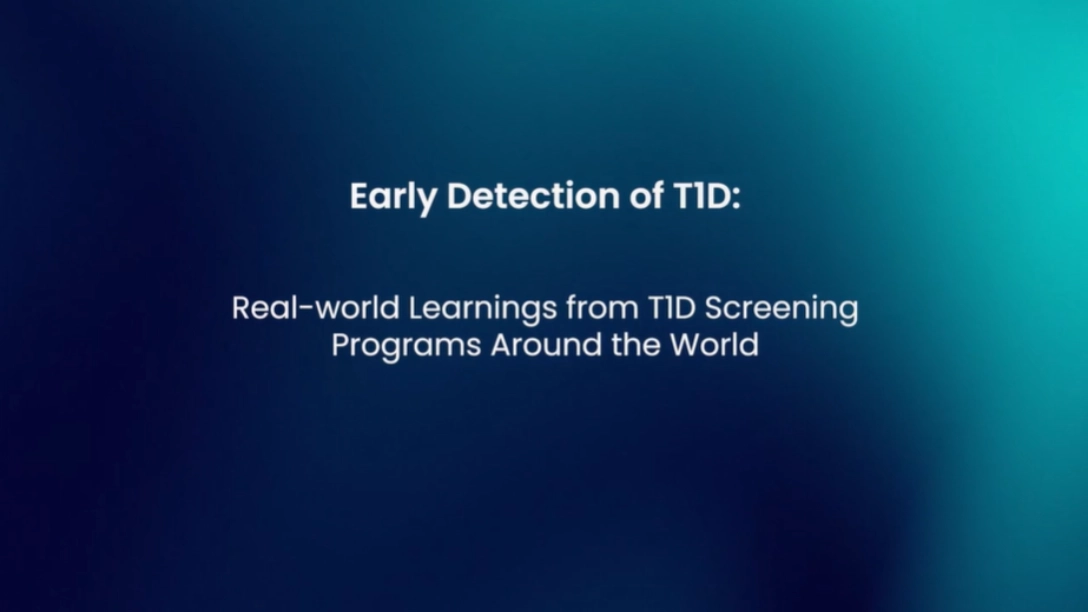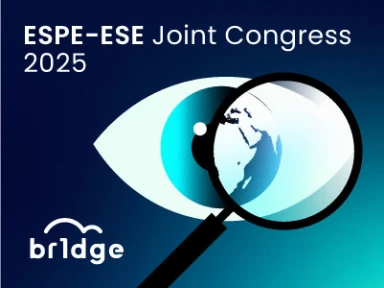- Resource
- BR1DGE
- Early Detection
- Video
Early Detection of T1D: Real-world Learnings from T1D Screening Programs Around the World
Expert interviews discussing the learnings from and strategies implemented during a real world T1D screening program
-(1).png/jcr:content/1190x500_Early%20Detection%20of%20T1D%20RW%20Learnings%20From%20T1D%20Screening%20Programs%20Around%20the%20World%20(Expert%20Interview)%20(1).png)
Learning Objectives
- Discuss the key criteria and requirements needed to set up a real-world T1D screening program
- Highlight potential strategies that can be implemented in driving and retaining patient engagement

Summary
The ADIR study is Israel's general population screening program targeting children aged 9 months to 5 years using the ADAP antibody detection method. After 3.5 years, the program has recruited approximately 17,000 children across 70 community clinics, analyzing 10,000 samples and identifying 30 cases with multiple antibodies.
Two key strategies have shown to help recruitment: Combining screening with already-scheduled blood work (particularly during mandatory complete blood counts for 9-18-month-olds) rather than requiring separate clinic visits, and securing commitment from clinical teams. It is important to educate and convince nurses about the role of screening for potentially delaying the onset of T1D.
MAT-GLB-2501242-1.0 - 04/2025



